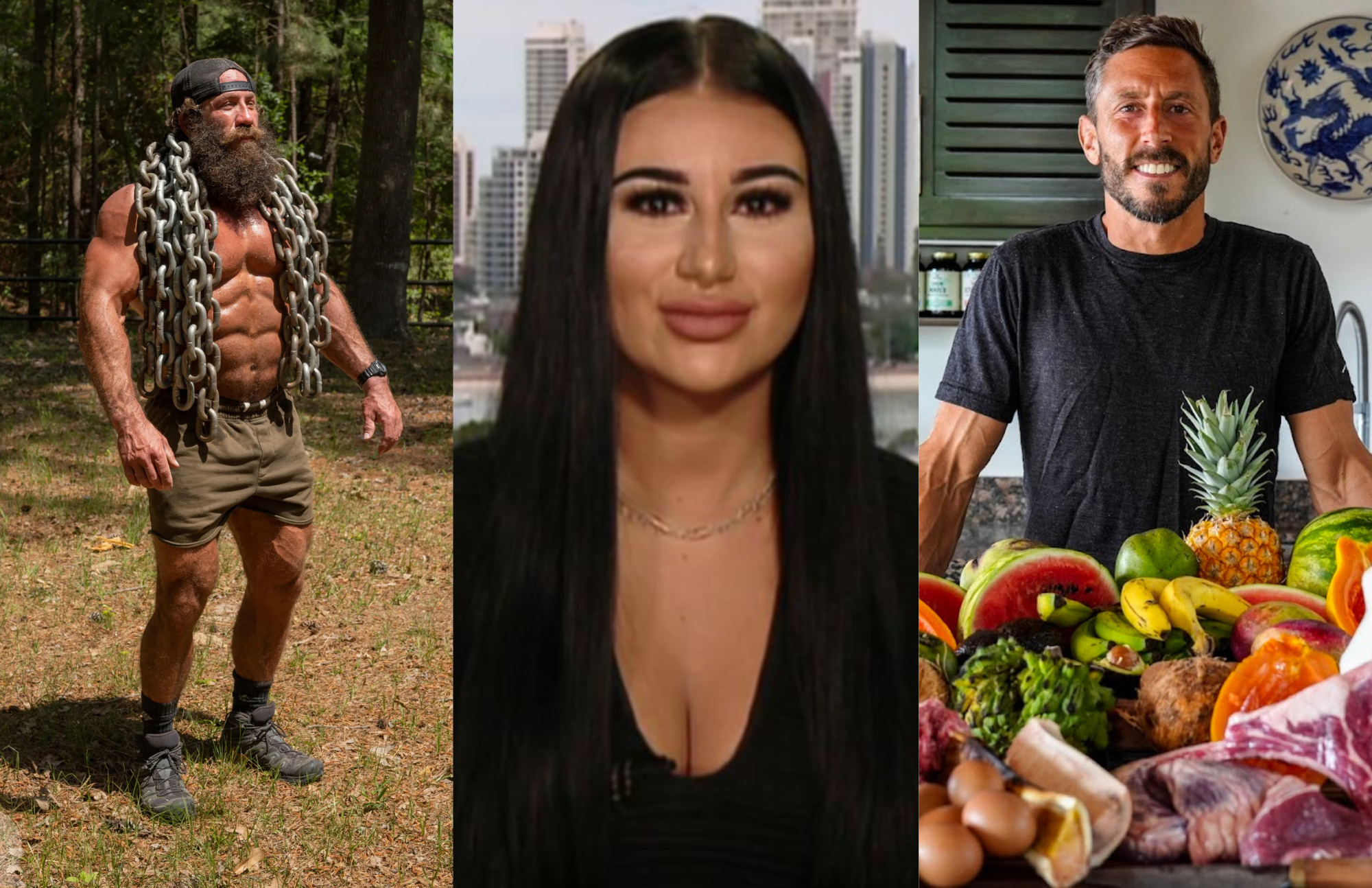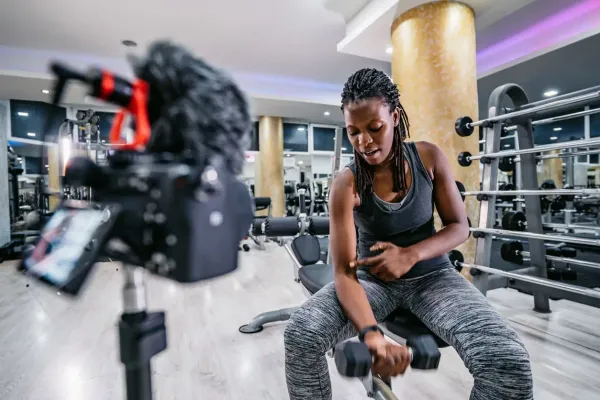Happy Monday my friend; it's good to be back with you in the Wellness Weekly circle after some time away in Dallas (I love Texas by the way, it definitely hasn't seen the last of me).
I saw a very interesting tweet last week that got me thinking about a lot of things.
You can read it below:

Now of course when we think about social media platforms, there is a fair amount of exaggeration.
I'm sure we can agree that the worst atrocities in this world are not carried out by health and fitness influencers.
However there is a conversation to be had here, in that some of the tactics of popular wellness influencers are sketchy at best, and lack serious integrity at worst.
Probably the biggest emotion that certain individuals in the health and wellness space play on is fear.
It is a very powerful emotion that can be abused; if you can make someone fearful of something and create a narrative around it, it can be used for personal gain.
Look at foods like oatmeal.
A food that has been consumed for hundreds of years is now terrible for a variety of reasons, helping people to gain thousands of followers.
Vegetables now being called 'toxic' is also another example of this.
How is it that foods that are widely known to be universally healthy are all of a sudden in the last few years foods that we should now avoid?
The answer is simple: these claims are attention-grabbing.
And in the era of social media and the attention economy, it's a priceless marketing strategy.
These claims make the average person sit back and think that whoever is making these claims must have the secret to health, and must be listened to at all times.

Many of these people speak in absolutes which gain more attention, and often walk around shirtless to display an impressive physique (humans are visual creatures after all).
These help to build cult-like followings among people who are often easily led, and in many cases don't actually have the time or energy to look deeper into what they are being told.
What is most interesting though is that many of them will often hold a very strong position that runs counter to mountains and mountains of evidence, which they conveniently choose to ignore.
Take Paul Saladino for example, who is seemingly very anti-plants (somewhat ironic given his name).
He will stand there and tell you that broccoli is bullsh*t, yet we have countless pieces of information – like this review – that says the total opposite and puts broccoli as a food that promotes health, which it is.
Why ignore this research and put forward a totally different view?
Because it sells.
This guy's comment says it all:

Let me be clear though: curiosity about different aspects of life – food, business, health, relationships etc – is a good thing.
We should always aim to ask questions and get to the bottom of things.
But for many health influencers, their apparent curiosity isn't really that, but is actually a vehicle to create a false problem, and then sell you a solution.
Problem, reaction, solution.
An age-old marketing tactic to make money.
Now there is absolutely nothing wrong with making money by the way.
Money makes life easier in many ways, and I think if you bring genuine value to the marketplace you absolutely deserve to make good money for it.
But doing it through half-truths, lying and a lack of integrity just doesn't sit well with me.
It's how influencers like Mikaela Testa are able to lie to their fans for an extended period of time about cosmetic surgery in an attempt to continue to sell a lifestyle portrayed on Instagram.
(Nothing wrong if you want to get cosmetic surgery by the way...it's the lying and lack of integrity that is the issue here).
I get SO many messages from people worried about oats, broccoli, sweet potatoes and more, and this is the result of what these influencers do.
Create confusion and worry amongst people about foods that are totally fine.
It's one of the biggest frustrations for me in a world where people just want to be a little healthier and want the tools to be able to do this, but the waters are being muddied by a select few people and their disingenuous nature.
Of course there are many, many people in the health and wellness space that put out fantastic value, are incredibly honest and deserve all of the success that is coming their way as a result.
Those who are helping people make sustainable lifestyle changes in a way that makes sense to them, and even further optimise their health.
These are the people that should be heralded and celebrated as beacons of positivity.
But the nature of the human spirit seems to lead us towards those who have the potential to lead us astray.
It's up to us to exercise discernment about those who are truly trying to help, versus those who want to make a buck.
Have a good week and stay healthy!
Jeff
If you got value from this, I'd be very grateful if you could forward it to two friends who you feel would benefit from it too.
